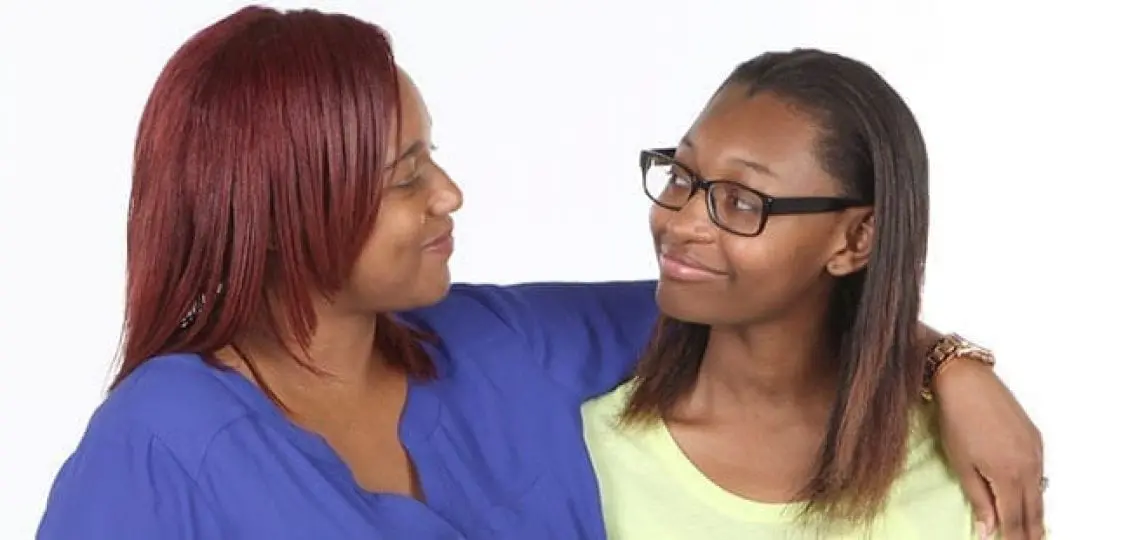When it comes to talking to teens in an effort to encourage and motivate them, some ways of communicating are more effective than others. How can you communicate with your teen in a way that creates a more supportive dialogue?

According to parenting expert Amy Speidel, with one simple word change: use “and” instead of “but.”
Encouragement For Teens: “And” Instead of “But”
Excerpt:
One of the things that we have in our language is the word “but.” And we put “but” into lots of different places. For instance, we apologize with “but,” “I’m sorry that I yelled at you…but here’s why it was your fault. I wouldn’t get out of control if you would manage yourself. I wouldn’t have to yell if you would listen the first time.”
“But” says “whatever comes after this word I find much more important than what I just said to you.”
So when we are talking to teens and trying to encourage them, and we think we are encouraging them by saying things like, “well you’ve got some of it done, but you still have a lot more to do,” what we’re saying is the first part of that sentence really doesn’t matter nearly as much as the end of it. “You know, you picked up a couple of things, but look at the rest of the room,” says “I’m noticing a deficit instead of what just happened first.”
So we’re gonna just shove “but” out the window and replace it with “and.” “I’m sorry that I yelled at you and I believe that we can do this differently. I would like to give it another shot. Are you willing?” So “and” puts a connection between the first thing that we say and the last thing, and when we’re encouraging, “and” sounds like this: “Wow, you already got a couple things done, and you have a few more things to finish up? Yay for you, you’re already on track, go for it.” That feels a lot more encouraging than feeling as if the first things that I’ve already done are less important than the deficit.

So, “and” instead of “but.” Just pay attention to that one little thing. See if it makes a difference…
(For the rest of the interview, please watch the linked video)




